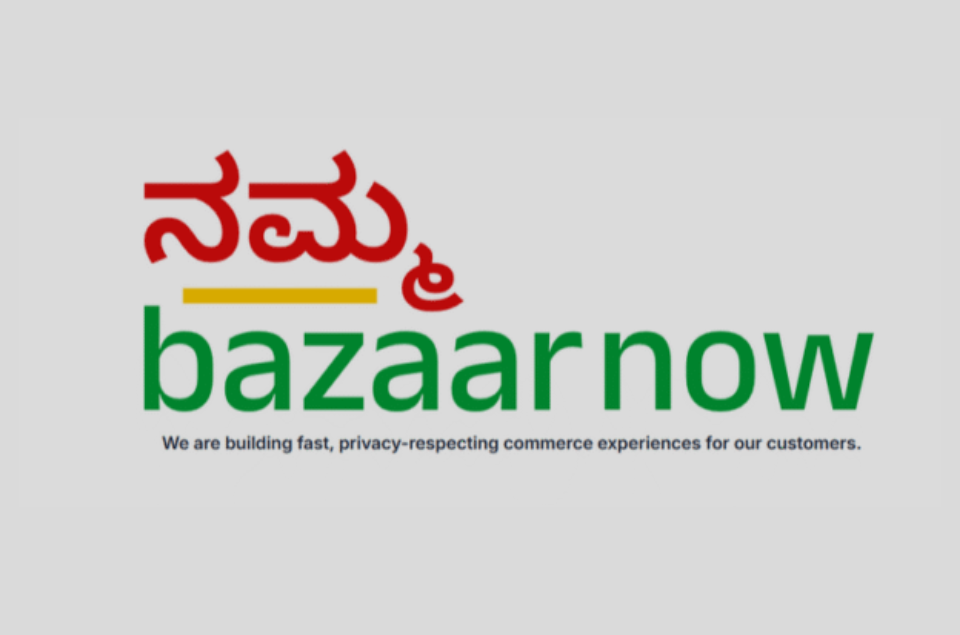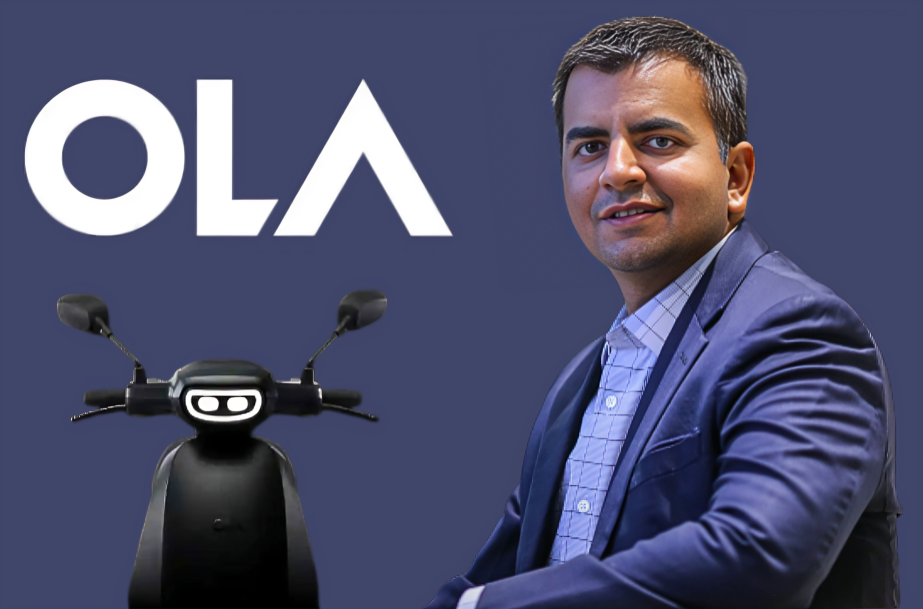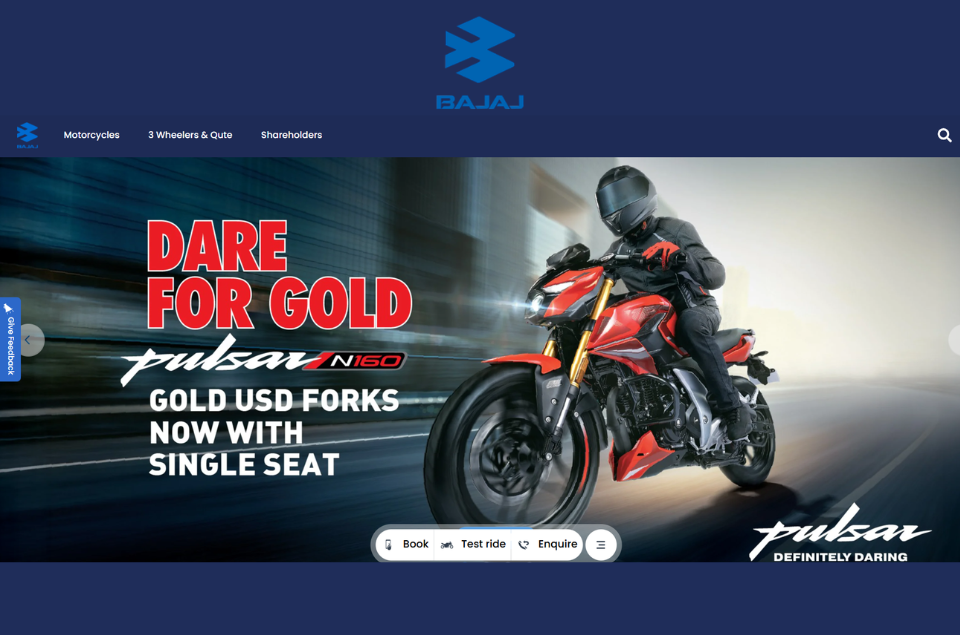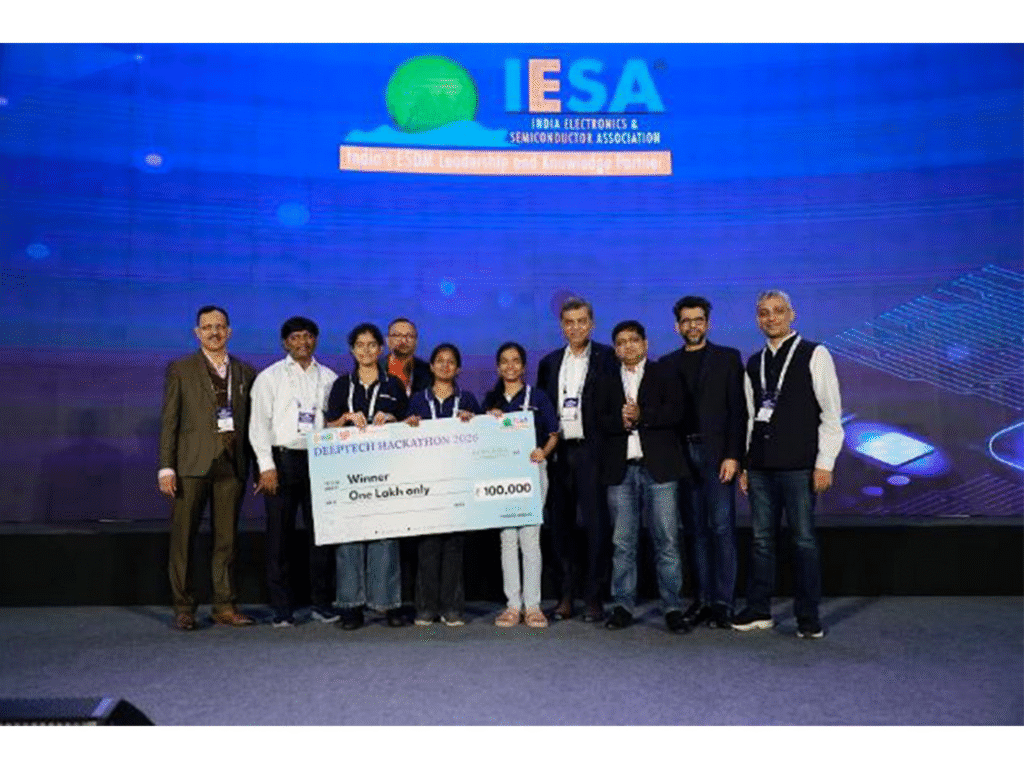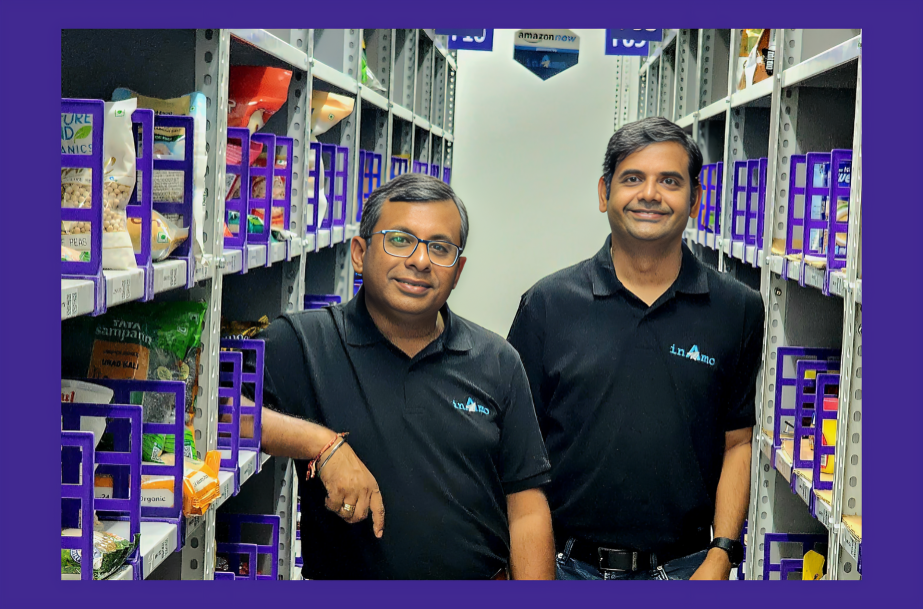Half of India’s IPO-bound startups, including Meesho, Flipkart, PhonPe, and Zepto, are in losses

SUMMARY
The startup culture in India has reached its crucial stage as a new generation of high-profile businesses is about to be listed publicly. There has been one notable trend where almost half of these IPO-bound startups are already operating at a loss. Meesho, Flipkart, PhonePe, and Zepto are some of the most well-known companies that are major players in their industry, but are struggling with profitability issues as they grow fast.
Market analysis investor sentiments
Indian startup ecosystems have developed in the last decade, and the flows of venture funds, the spread of digitalization, and the presence of governmental support have stimulated the fast development of the market. With these companies going out of the private market and into the public market, investor scrutiny is increasing, most notably in the area of financial sustainability.
As per the latest revelations and market research, about half of the startups that intend to hold IPOs in the coming 12-18 months are unprofitable. This encompasses marquee players in e-commerce, fintech, quick commerce, and logistics. Although losses in early-stage startups are not new, the intensity and duration of red ink among late-stage unicorns cast doubt on business models, unit economics, and long-term sustainability.
Half of the IPO worthy startups in India are also not necessarily a crimson letter warning, but it does identify the changing demands of the public market investors. Public shareholders require transparency, governance, and financial discipline, unlike the venture capitalists, who do not emphasize profitability but focus on growth.
This change is making startups reconsider their approaches. Some are cutting down on expenses, selling non-core verticals, and monetizing. This process of IPO itself is becoming a forcing function, pushing companies to scrub their books and to make clearer value propositions.
IPO-bound startups are in losses
Indian social commerce site Meesho has become a disruptor in the Indian e-commerce sector, with a focus on Tier II and III cities, targeting price-conscious customers. Its deep penetration strategy and zero-commission model have made it have millions of sellers and buyers on board. But the company is still operating at a loss because it invests in logistics, technology, and customer acquisition.
Meesho IPO reported ambitions are in tandem with its pursuit of profitability, but the journey ahead is not easy. Arguing between growth and margin discipline will be paramount as the public investor seeks more definitive ways to reach the breakeven point.
Flipkart is also a prospective IPO player in India and one of the earliest and largest e-commerce players in India. Flipkart, which is now owned by Walmart, has diversified into various verticals, such as fashion, grocery, and fintech. Although it is large, the company is still in the red, especially because the competition is stiff, the operations are expensive, and the company keeps investing in infrastructure.
Its IPO is going to be one of the hottest in the history of Indian technology. However, Flipkart needs to show how it will turn its market leadership into sustainable profitability- particularly because Amazon and Reliance Retail also threaten to take their market share.
PhonePe, a popular digital payments system, has established a hegemony in the UPI ecosystem in India. Its size is hard to dispute, having more than 500 million registered users and billions of transactions every month. Monetizing such a user base is, however, in progress.
The company has also moved into insurance, mutual funds, and merchant services, but its main payments business continues to run at a loss. With the impending IPO of PhonePe, its investors will be eager to see its revenue mix, regulatory risk factors, as well as its road to profitability in a saturated fintech environment.
The startup is Zepto, the rapidly expanding quick commerce company, which has attracted attention on the part of consumers due to the 10-minute delivery promise. Zepto, with the support of marquee investors and led by young founders, has spread quickly across urban India. However, hyperlocal delivery economics are still difficult.
Zepto has been operating at a loss due to high logistics expenses, low average order value, and stiff competition with the likes of Blinkit and Swiggy Instamart. Its IPO strategies are an indication of confidence in the model, but critics claim that the model may require a good deal of recalibration before it can provide stable profits.
Conclusion
The startup ecosystem in India is at a crossroads. The current IPO is not only a challenge to the appetite of investors, but also the strength and adaptability of the companies themselves. In the start-up process, losses are expected, but prolonged losses will damage confidence and valuation. In the case of Meesho, Flipkart, PhonePe, Zepto, and others, the task is to demonstrate that their models can provide not only growth, but profitable growth. Their performance as they enter into the public limelight is going to further form the story in the years to come about the innovation economy of India.
Note: We at scoopearth take our ethics very seriously. More information about it can be found here.

